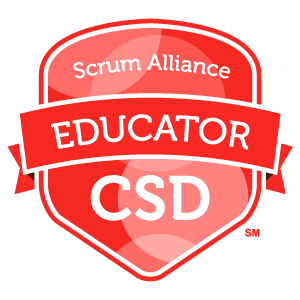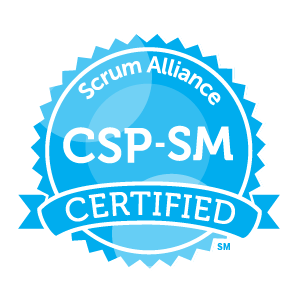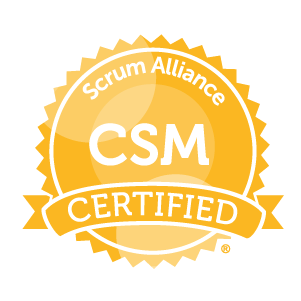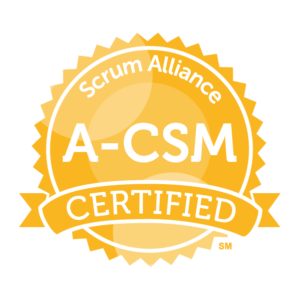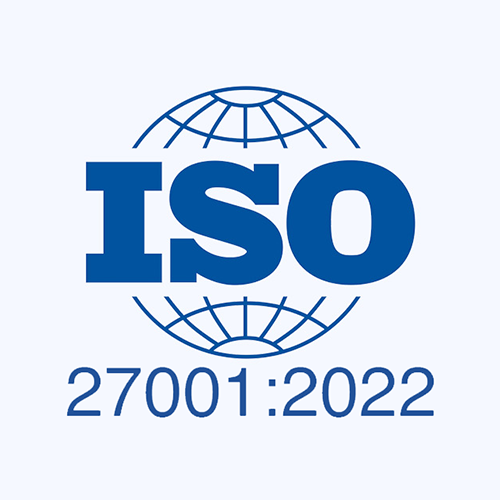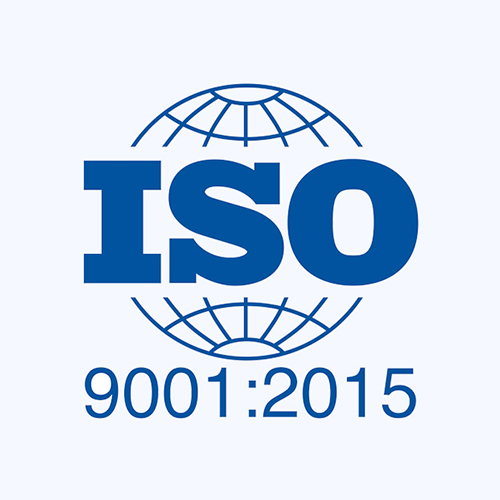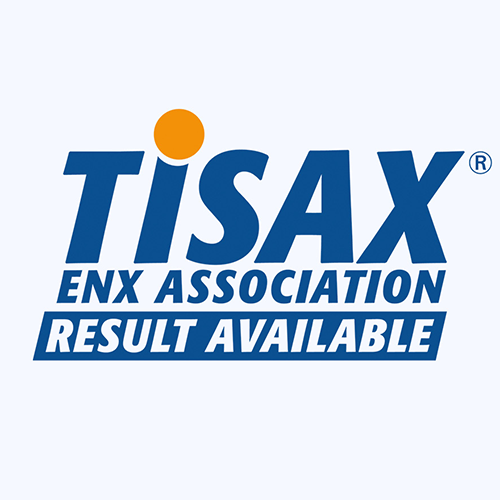Product Management / Product Ownership Training
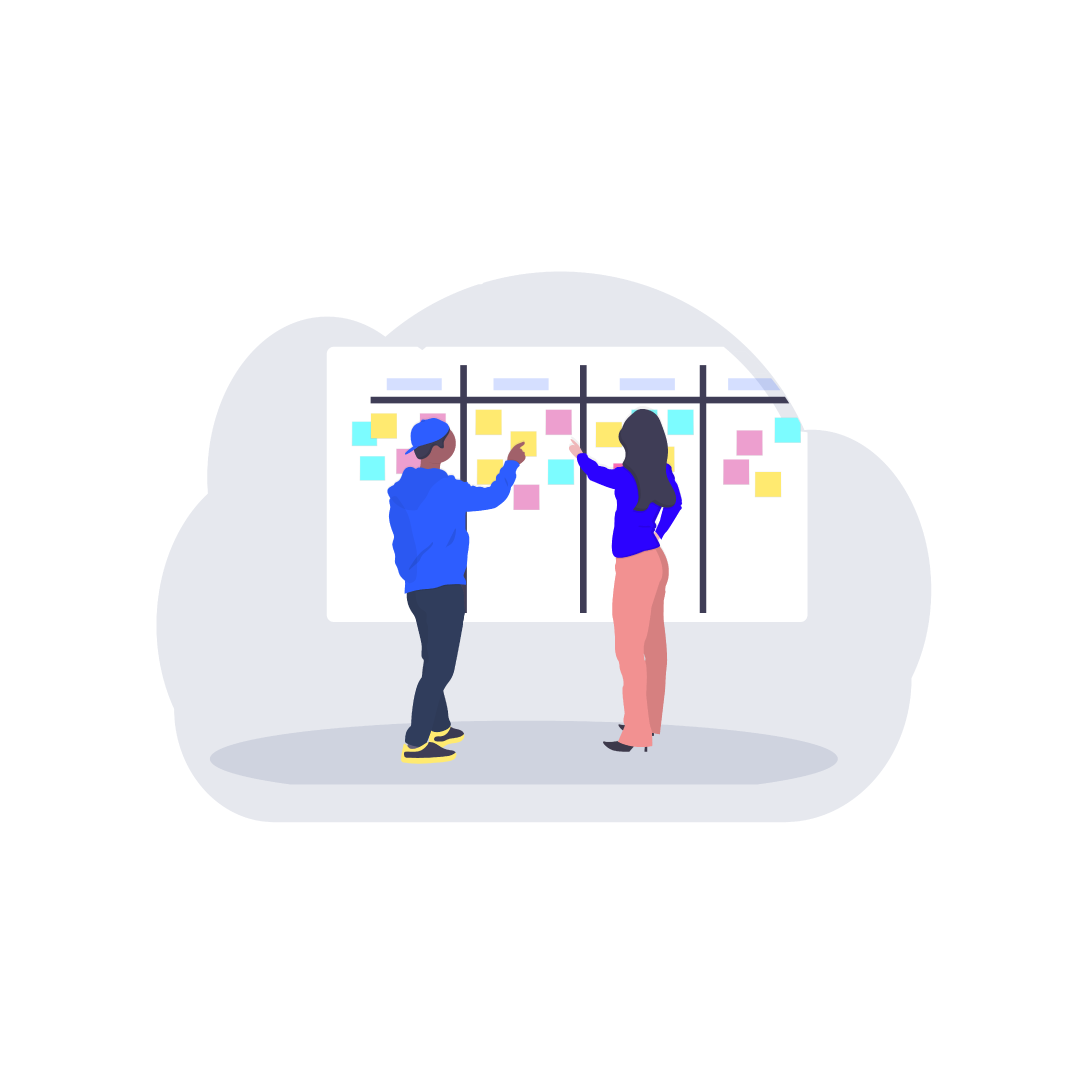
At a glance
General information
4 half days practical training, in the morning
Target group
Product managers/those interested in becoming product manager
Application examples
User-centred, hypothesis-based product development with story mapping, lean canvas, and MVPs (Minimum Viable Products)
Agile Projects
Description
This training course teaches the basics of effective product management. It focuses primarily on the topics of Product Discovery and Scrum Product Ownership. The two areas can be weighted differently to suit the participant group’s needs.
Product Discovery:
We illustrate user-centred, hypothesis-based product development: the concept of “building the right thing before you build it right”. To this end, this course teaches not only the theoretical basics, but also many concrete methods and tools, such as user story mapping, lean canvas, and working with MVPs (Minimum Viable Products).
The course features a great many practical exercises to enable participants to try out the tools and methods presented in the course. This approach allows them to apply what they have learned directly to their own products after the course.
Product Ownership:
We discuss what changes when a company switches to Scrum and when working as a Product Owner. How do the day-to-day duties of a product manager change? How does agile requirements management work?
Scrum is more than a process to simply be followed. Instead, Scrum and agile involve a mindset change – not only for developers and project managers, but also – and especially – for product managers. We want to convey this mindset in a practical, tangible manner.
Agenda
Scrum Basics:
- Recap of the Scrum framework, focusing on the Product Owner role
- User stories (structure, demarcation between DoD and DoR, personas, …)
- The role of the product owner in detail (product vision, stakeholder management, user feedback, …)
Product Discovery Basics:
- Introduction to lean startup and the MVP concept (lean canvas, value proposition canvas, and working with Minimal Viable Products)
- Hypothesis-based development (experiments: design & test cards)
- User interviews (including the development of an interview guide and conducting interviews)
- Recording and design of customer behaviour with user journeys (user story mapping, …)
Typical questions we answer:
- What are my typical tasks as a product owner?
- How do product vision, product goals and sprint goals intertwine?
- How do I deal with my stakeholders?
- How do I find out whether my product adds real value?
- How can I test my hypotheses in a targeted way?
- How can I get a good overview of my product and the planned versions?
- How do I capture good requirements?
- How do I prioritise my product backlog?
- signed certificate of completion
- in-house training
- Customization available (agenda, tech stack, language, etc.)
- small training groups
Why inovex Academy?
Our offerThe inovex Academy has set itself the task of passing on knowledge about methods and technologies that we already use successfully in our projects.
Curated content
Our trainers create a customized training offer based on your requirements.
Customizable tech stack
In exclusive trainings, we can consider your tech stack for the training content.
Individual assistance
If needed, we can tailor the training to a specific use case of your company and work directly based on your data.
Trainers
Our trainers are field-tested experts in their areas of expertise. Through their work in projects, they expand their knowledge day by day and pass on this know-how in their trainings - application-oriented and practice-oriented.

Collin Rogowski

Meliha Benzenhoefer

Nils Schacht
Our training approach
From the needs analysis to the awarding of certificates, we offer customized training courses, flexibly designed and carried out according to your requirements.
If you are interested in in-house training, we will start by identifying your needs and discussing your objectives. This discussion forms the basis for an initial offer.
As soon as the framework data has been clarified, our trainers start adapting the training content. Many of our training courses have a modular structure and offer the opportunity to design the agenda flexibly. Training courses that prepare for certifications, on the other hand, are less flexible. Here, however, you can set the content focus according to your wishes.
You will receive all relevant information in advance of the training. The training will then take place in the room of your choice and at the agreed time. Our trainers will adapt to your requirements.
After completing the training, all participants receive a certificate confirming their participation. You will also have the opportunity to give us feedback on the content and the course. We are always happy to receive praise and suggestions for improvement.
Frequently Asked Questions
Will I receive a certification as a result of the training?
On what basis was the training content designed?
How can I prepare for the training?
When does the training start?
Do I get an invitation? When do I get it?
Supplementary information
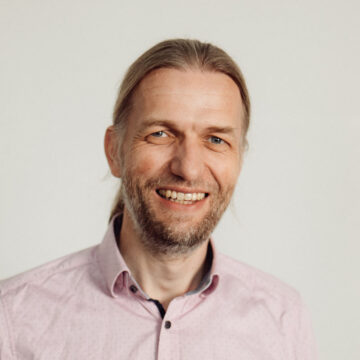
Collin Rogowski
Head of inovex Academy
